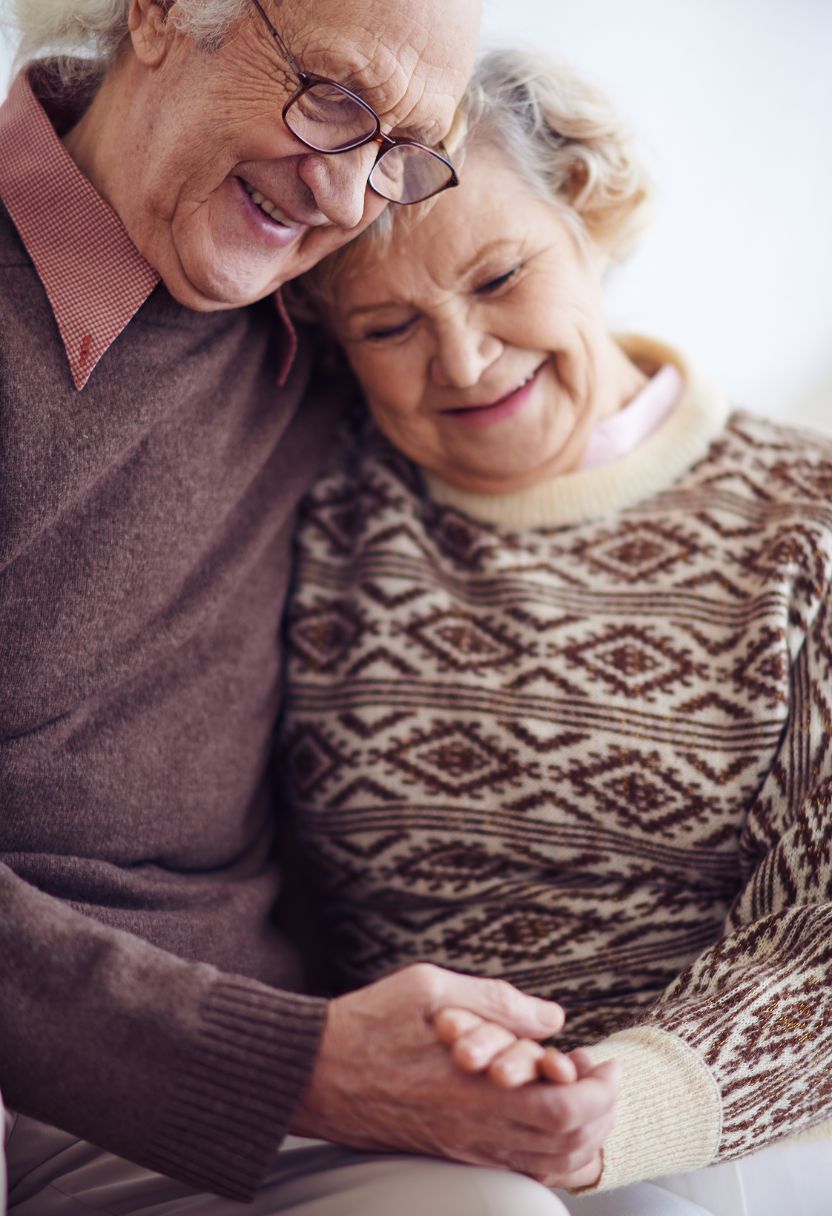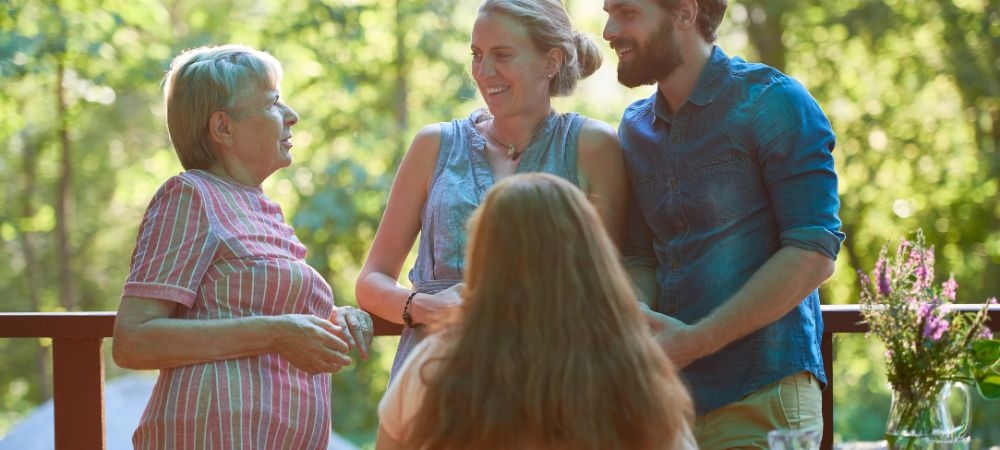

Understanding the Evolution of Family Traditions: Building New Traditions
Gain access to more information see now.
Family traditions ain't just rituals or customs; they're like threads weaving through the fabric of our lives, binding us together with shared memories and experiences. As times change, so do these traditions, adapting to new circumstances and evolving into something that still holds meaning for each generation. Get access to more information click currently. When it comes to building new traditions, it's essential to understand the evolution that has brought us here.
First off, it's crucial to remember that old family traditions didn't come out of nowhere. They were created by ancestors who adapted their customs to fit their lifestyles. Whether it was Sunday dinners or holiday gatherings, each tradition had a purpose-be it bonding over food or celebrating milestones together. But things ain't static; life changes and so should our practices.
Nowadays, families are more diverse and spread out than ever before. Geographical separation means that we can't always be physically present for every occasion. Oh boy, doesn't technology play a role here! Virtual celebrations have become a thing, allowing families to connect despite the miles between them. It's not the same as gathering around Grandma's table, but it sure beats losing touch altogether.
Moreover, societal norms are shifting too. The traditional nuclear family is no longer the only model we see around us. Blended families, single-parent homes, and even friends-as-family setups are becoming more common. This diversity calls for new kinds of traditions that can include everyone regardless of how they came together.
Building new traditions isn't about discarding the old ones but rather blending them with contemporary elements that reflect current realities. For instance, instead of just focusing on big holidays like Christmas or Thanksgiving (if you celebrate those), why not create smaller rituals? Weekly movie nights or monthly potlucks can offer regular opportunities for connection without all the pressure that sometimes accompanies major events.
It's also worth considering what values you want your new traditions to embody. Is kindness important? How 'bout creativity? Perhaps eco-friendliness? Whatever they are, let these values guide your choices in creating meaningful activities that'll stand the test of time-or at least a few decades!
And let's face it-some attempts will flop! Not every idea will resonate with everyone involved and that's okay too. The key is flexibility and willingness to adapt until you find what works best for your unique situation.
In conclusion then (and I mean this!), understanding how family traditions evolve helps us appreciate where we've been while giving us insight into how we might move forward in building new ones suited for today's world.
Tradition isn't stagnant; it's fluid-a living entity shaped by those who practice it.
So go ahead-experiment! Merge old with new,
and don't be afraid
to make some mistakes along
the way.
After all,
isn't that part
of any good story?
Alright, here we go:
Identifying core values and beliefs to shape new traditions is really a fascinating yet challenging process. It's not just about making up new customs out of thin air; it's about digging deep into what truly matters to us as individuals and communities. You see, traditions aren't merely old patterns we follow mindlessly-they're expressions of our collective identity. So, when we're on the journey of building new traditions, recognizing what we hold dear becomes crucial.
First off, let's talk about core values. These are the principles that guide our actions and decisions, even when no one's watching. They're like the moral compass that steers us through life's complexities. Without identifying these values first, any attempt at creating new traditions would probably feel hollow or disconnected from who we are. If honesty is a core value for you, then any tradition you start might center around open communication and truth-telling.
Beliefs, on the other hand-oh boy-these can be a bit trickier! They're deeply rooted in our upbringing and experiences and sometimes they even clash with each other! For even more details click on now. But hey, that's part of the beauty in it all. Beliefs give context to our values; they provide the "why" behind what we cherish most dearly.
Now imagine this: you've got your values sorted out and your beliefs clear as day (or maybe not so clear!). How do you go about shaping new traditions? Well, it's definitely not an overnight thing-it takes time! You'll need patience to allow these new practices to settle in and become meaningful parts of your life or community's routine.
One big mistake folks often make is thinking they've gotta reinvent the wheel completely. That's just not true! New traditions don't have to be entirely new concepts; sometimes they're simply fresh takes on old ones that better align with current realities or perspectives. For example, if family gatherings are important but Sunday dinners ain't working anymore due to busy schedules-maybe shift it to Saturday brunches instead?
Also-and this is key-don't forget to involve others in this journey if you're building traditions for a group setting like family or community events. Traditions gain strength from shared participation; they're stronger when everyone feels invested and seen within them.
So yes, identifying core values and beliefs may seem daunting at first glance but remember: it's really just getting back in touch with what's fundamentally important-to yourself or those around you-and letting that guide how you create something meaningful moving forward.
In conclusion (and without trying too hard), building new traditions isn't some abstract exercise done alone in isolation-it's grounded work tied deeply into understanding our own truths while staying flexible enough for growth along the way.
Oh well... guess there's never one perfect formula after all!
In the united state, nearly 40% of grownups have made use of online dating solutions or apps, highlighting the shift in how charming connections are launched in the contemporary age.
Psychological intelligence, the capability to acknowledge and manage one's very own and others' feelings, plays a crucial role in the success of long-lasting enchanting partnerships.
The "friendship paradox" recommends that, typically, lots of people have less buddies than their good friends have, because of a propensity to befriend people that are a lot more socially energetic.
Self-care practices are important for keeping a healthy partnership with oneself, affecting general life complete satisfaction and connections with others.
Building resilient family relationships is no small feat, especially when it comes to communication and conflict resolution.. But hey, it's not impossible either!
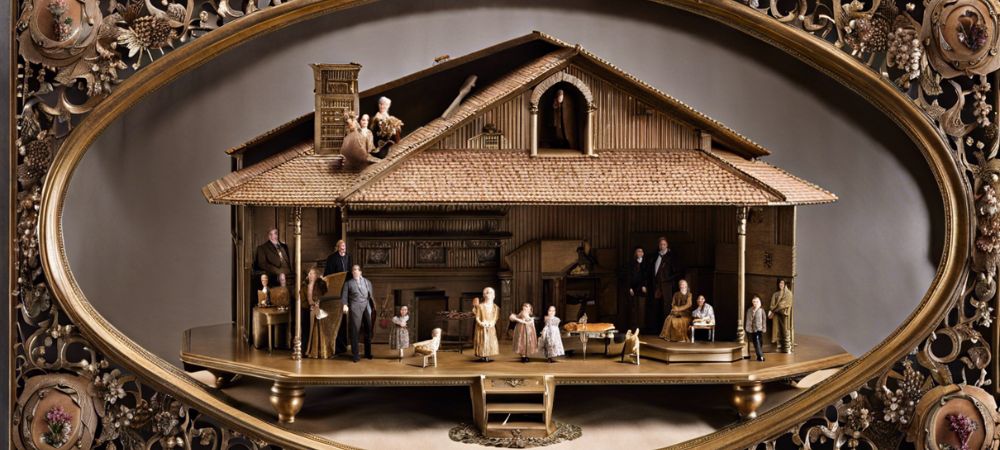
Posted by on 2024-07-04
Parenting isn't a one-size-fits-all gig; it's messy, complicated, and sometimes downright frustrating.. But hey, that doesn't mean we can't shoot for the stars when it comes to raising our kids.
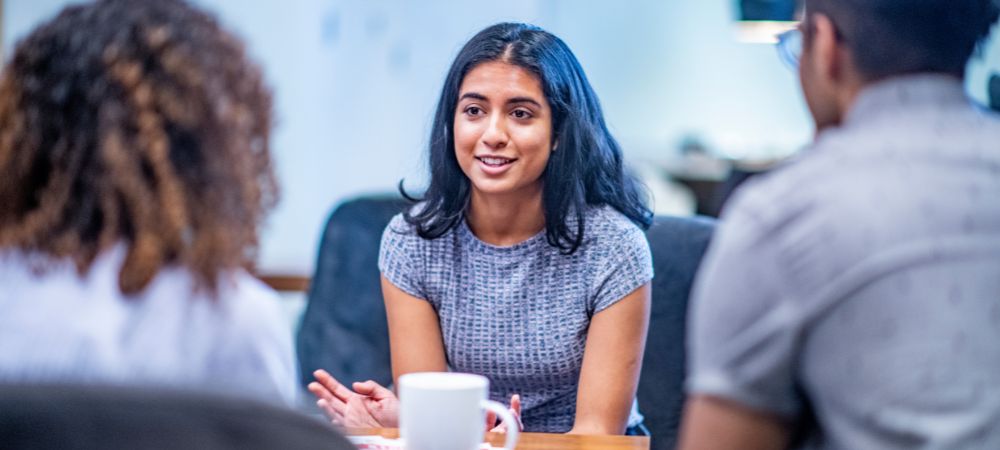
Posted by on 2024-07-04
Intergenerational relationships, particularly the bond between grandparents and their grandchildren, are a crucial part of family dynamics.. They bring wisdom, love, and support into our lives that can't be easily replaced.

Posted by on 2024-07-04
Building new traditions is an exciting yet challenging endeavor, especially when you try to involve all family members in the creation process. It ain't always easy, but oh boy, it's worth it! You might think you don't need everyone's input, but that's where you'd be wrong. Including each family member can make the tradition more meaningful and lasting.
Let's face it: not everyone will agree on everything. There's bound to be some disagreements and maybe even a few eye rolls. But isn't that part of what makes a family unique? When you gather everyone's ideas, even the ones that seem outlandish at first, you're building something that's truly inclusive. And trust me, those wild suggestions sometimes turn into the most cherished parts of your new tradition.
When we started creating our own holiday tradition last year, my little brother insisted on having a "pajama day." Dad thought it was ridiculous; he said there's no way he's spending Christmas wearing pajamas all day long. But guess what? We tried it just once to humor him (and avoid his puppy eyes), and now it's something we all look forward to every year! No one ever thought Dad would come around; after all, he's usually so serious about holidays.
Of course, time management is crucial when planning these things. It's not like you have endless hours to sit down and brainstorm with everyone-especially if you've got teenagers glued to their phones or toddlers running amok. So keep it simple: dedicate one evening or weekend afternoon to get everyone's thoughts together. Don't worry if it's chaotic; that's part of the fun!
One mistake people often make is thinking that involving everyone means everything has gotta be perfect from the start. Oh no! Traditions evolve over time. The first pancake's always lumpy – remember that! Just because something doesn't click immediately doesn't mean you should ditch it altogether.
And hey, don't forget flexibility is key here too. If grandma wants her annual cookie baking session at 5 PM sharp but your teenager prefers later in the evening after homework's done-try alternating times each year or find a middle ground that'll work for both parties involved.
In short (because honestly who likes long essays?), involving all family members in creating new traditions may sound daunting initially but ends up being incredibly rewarding-and dare I say-a whole lotta fun too! Sure there'll be bumps along the way; expect them rather than fear them because they add character and charm making these moments unforgettable.
So next time you're thinking about building those precious memories through new traditions remember this: include everyone-you won't regret it!

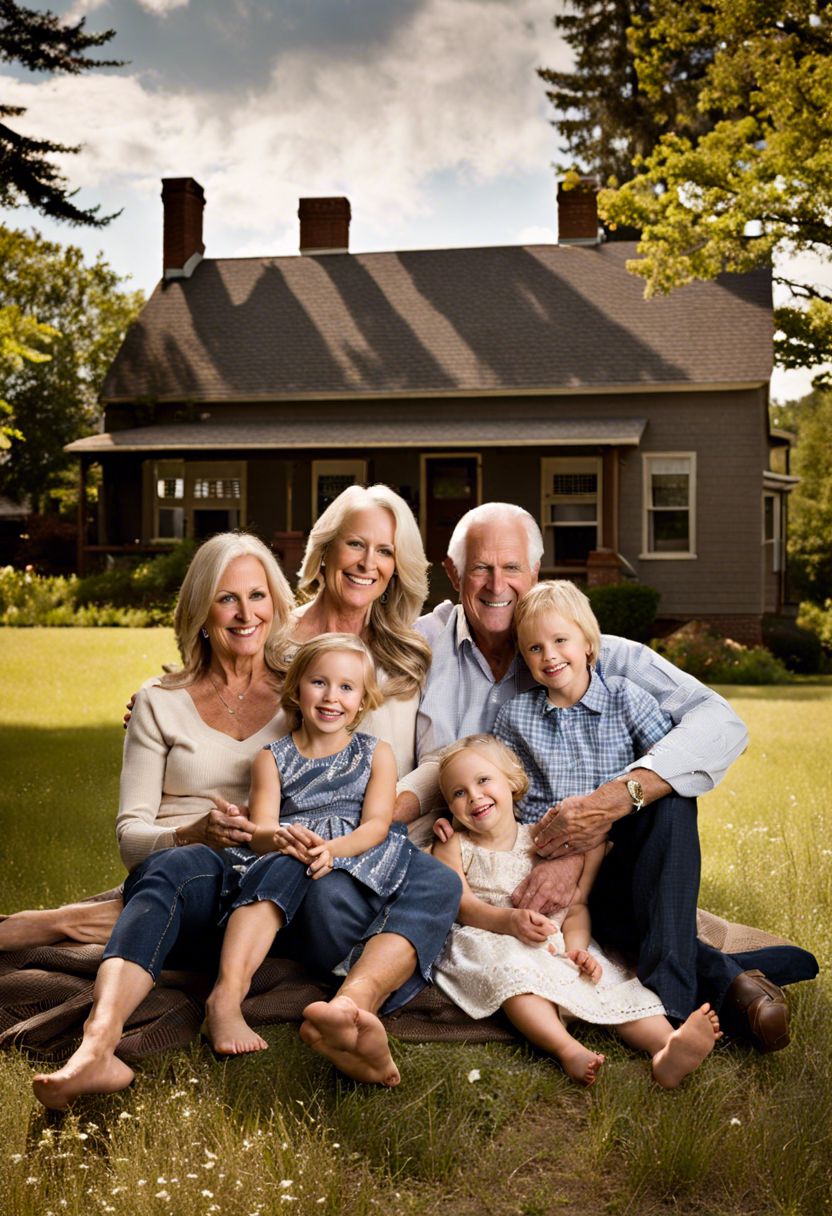
Building new traditions is an endeavor that often brings joy and excitement, especially when it involves celebrating diversity and inclusivity. Oh, the beauty of coming together from different walks of life to form bonds that transcend cultural and social barriers! This ain't just about creating new customs; it's about blending various elements from our unique backgrounds into something fresh and meaningful.
When we talk about diversity, we're not just talking 'bout race or ethnicity. Diversity encompasses a broad spectrum, including gender, age, abilities, beliefs, and even personal experiences. Inclusivity means ensuring everyone feels welcomed and valued within these new traditions. It's a mindset shift where we actively seek to understand others' perspectives and bring them into the fold.
One might think building new traditions would erase old ones or diminish their importance. But actually, that's not true at all! New traditions can coexist with the old ones harmoniously. In fact, they often enhance each other by adding layers of richness to our shared lives. For instance, imagine combining traditional holiday meals from different cultures-what a culinary adventure that'd be!
It's essential to recognize that inclusivity isn't just some buzzword; it's a practice we must integrate into our daily lives. When forming new traditions in any community-be it family gatherings, workplace events or neighborhood celebrations-we should ask ourselves: Who isn't here? Whose voice ain't being heard? By deliberately making space for those marginalized or overlooked previously, we ensure our newfound practices are truly representative of all.
Moreover, involving everyone in decision-making processes fosters ownership and deeper connection to these emerging customs. It's no longer "their" tradition but "our" collective experience which enriches us all immeasurably more than if done alone.
Some folks might resist change because they're comfortable with familiar routines-they may feel threatened by the unknowns introduced through diverse influences. However-and here's where empathy comes into play-understanding such apprehensions helps address concerns constructively rather than dismissing them outrightly as baseless fears.
In conclusion (oh boy!), creating new traditions rooted in celebrating diversity while fostering inclusivity is undoubtedly rewarding albeit challenging journey worth embarking upon together hand-in-hand across differences big n' small alike! Afterall-it's through embracing what makes us unique yet united wherein lies true strength collectively moving forward toward brighter future filled joyous memories shared among generations come!
Building new traditions while maintaining and adapting old ones is no easy feat. It requires a delicate balance of respect for the past and a vision for the future. Sustainable practices for maintaining and adapting traditions over time are crucial to ensure that our cultural heritage doesn't just vanish into thin air, but instead evolves in a manner that's both respectful and innovative.
First off, it's essential to understand that not all traditions can or even should be preserved exactly as they were. Times change, people change, and so must some customs. However, this doesn't mean we should throw out the baby with the bathwater. By carefully selecting which aspects of a tradition hold significant value – whether it's emotional, historical, or communal – we can focus on preserving those core elements while allowing other parts to adapt.
One effective sustainable practice is community involvement. When communities actively participate in the evolution of their own traditions, there's a higher chance these customs will continue to thrive. It's kinda like crowdsourcing culture! People get invested in what they're part of creating and thus are more likely to pass it down through generations.
Another key aspect is education. Teaching younger generations about the roots and significance of certain traditions helps keep them alive. But hey, let's face it – young people today ain't gonna engage with something just because "it's always been that way." So integrating modern technology or contemporary relevance can make traditional practices more appealing to them.
And oh boy, don't underestimate flexibility! Being open to changes allows traditions to remain relevant. For example, if a traditional festival involved activities that are no longer feasible due to environmental concerns or societal shifts (like using endangered animal products), replacing those elements with sustainable alternatives ensures the spirit of the event remains intact without causing harm.
Moreover, documenting traditions through various mediums-be it writing, video recordings or digital archives-serves as an invaluable resource for future generations who might want to revive or reinterpret them.
But let's be honest here; not everyone sees eye-to-eye on what should be kept versus what should evolve. Conflicts may arise within communities between purists and reformists. And that's okay! Dialogue is part of any dynamic process; it's through discussion that better solutions emerge.
In conclusion, building new traditions while sustaining old ones isn't about preserving things in amber; it's about nurturing them so they grow alongside us. Through community involvement, education, flexibility, documentation-and yes-a bit of healthy debate-we can ensure our cultural heritage remains vibrant yet adaptable for years to come.
So here's to honoring yesterday's wisdom while embracing tomorrow's possibilities! Cheers!
